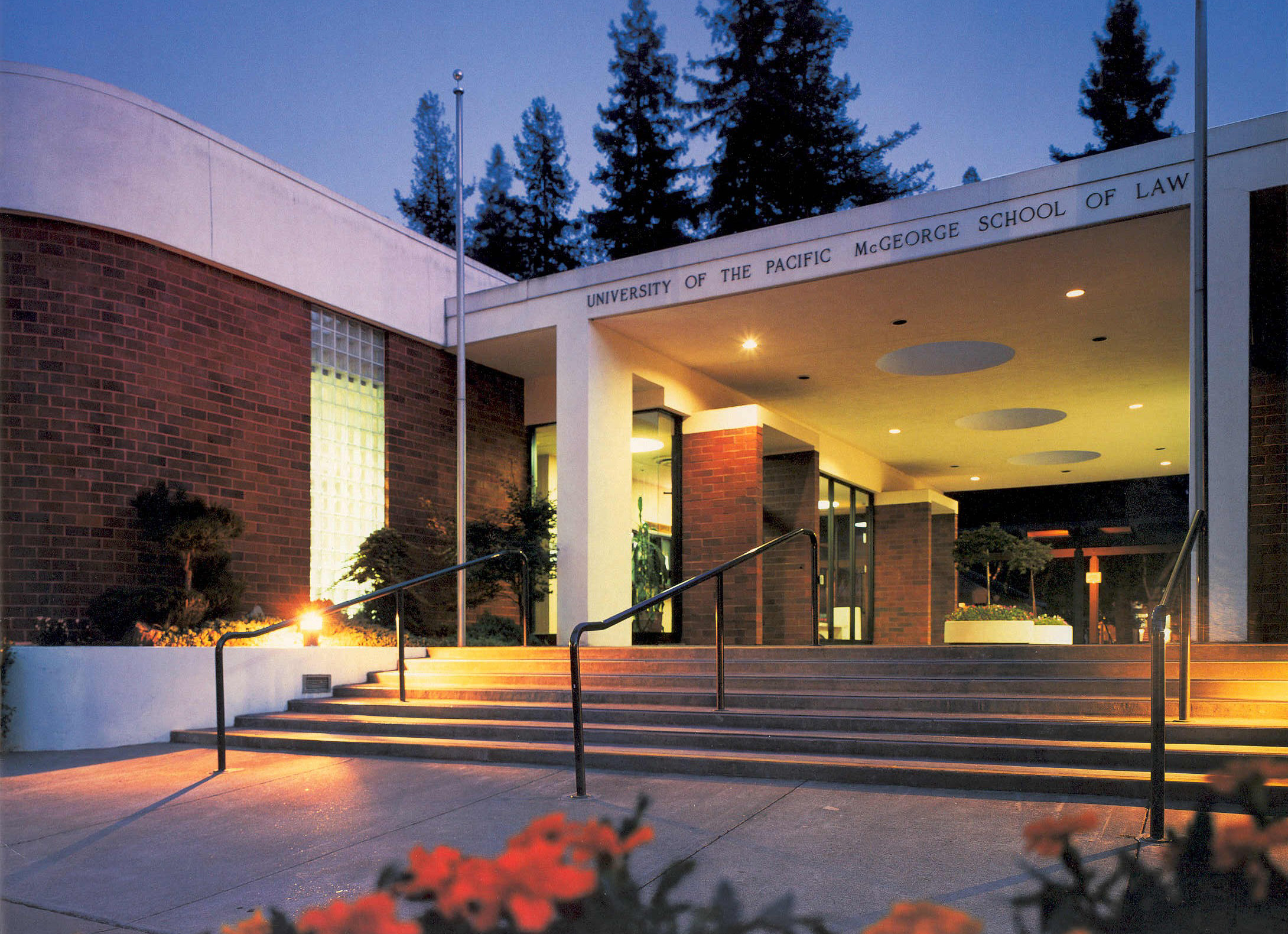
Die Sache: The Foundationless Ground of Legal Meaning
Files
Description
Chapter Die Sache: The Foundationless Ground of Legal Meaning, in The Semiotics of Law in Legal Education.
Clients do not approach their lawyer with a legal problem but they approach the lawyer with a problem in their everyday life that is articulated through narratives that are not exclusively, or perhaps not at all, legal in nature. The lawyer then must find the legal narrative to adapt to the problem and construct a narrative of law from the resources of legal reasoning. This insight about the work of lawyers as makers and managers of meaning is all too often reduced to a simplistic picture in which the lawyer tells a “story” to trigger the proper elements of the “objective” legal principles. This reinstates the dichotomy that the focus on the narrative character of law is in opposition to the fixed and objective character of the law itself, so that narrative is not appropriate with regard to the law. Hans-Georg Gadamer’s philosophical hermeneutics and the philosophical term die Sache are premised on the assumption that the other’s horizon of pre-understanding provides a different angle: hermeneutical responsibility is not owed to the other person as a supposed separate subjectivity; instead, it is owed to the subject matter about which the dialogue partners converse: die Sache. This viewpoint has practical import by considering legal reasoning as an exemplary case of our responsibility to die Sache and also has important implications for legal education.
ISBN
978-94-007-1340-6
Publication Date
2011
Publisher
Springer
City
Dordrecht ; New York
Disciplines
Law | Legal Education
Recommended Citation
Francis J. Mootz III,
Die Sache: The Foundationless Ground of Legal Meaning,
in
(2011).
Available at:
https://scholarlycommons.pacific.edu/facultybooks/10




Comments
Francis J. Mootz III, Die Sache: The Foundationless Ground of Legal Meaning, in The Semiotics of Law in Legal Education (2011) (ed. Jan M. Broekman and Francis J. Mootz III).